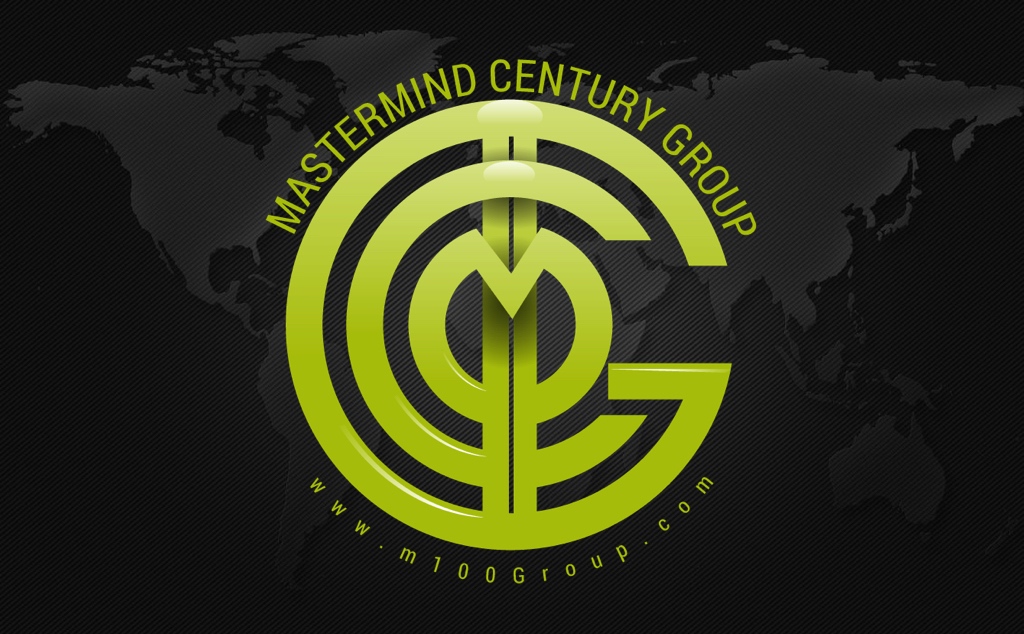Aporia, a concept deeply rooted in ancient Greek philosophy and prominently featured in the dialogues of Socrates, represents a state of intellectual impasse where individuals confront seemingly insurmountable contradictions or uncertainties within their beliefs and knowledge systems. This exploration of aporia delves into its historical origins, philosophical underpinnings, and contemporary significance, seeking to unravel its complexities and elucidate its implications for the pursuit of knowledge and understanding.
The journey begins with an examination of aporia’s roots in the Socratic method, where Socrates employed the technique of elenchus to lead his interlocutors into perplexity, exposing the limitations of their knowledge and beliefs. Through a series of probing questions and discussions, Socrates would gradually reveal inconsistencies or contradictions in his conversation partners’ arguments, guiding them to a realization of their own ignorance or lack of understanding about the topic at hand. This process of questioning and inquiry, known as the “Socratic method” or “elenchus,” became a cornerstone of Socratic philosophy and laid the foundation for the concept of aporia.
From this historical backdrop, aporia has been further developed and explored by subsequent philosophers and thinkers across various philosophical traditions. Its relevance extends beyond the confines of ancient Greek thought, permeating diverse areas of philosophical inquiry, from epistemology and ethics to metaphysics and aesthetics.
Aporia can be approached from both positive and negative perspectives, depending on the context and the mindset of those encountering it. On one hand, aporia can be seen as a frustrating or disorienting state of confusion and uncertainty, especially when seeking solutions or attempting to grasp complex concepts. It can be tempting to view aporia as a roadblock or a hindrance to progress, leading to a sense of intellectual stagnation or despair.
However, when approached with a growth-oriented mindset, aporia can be transformed into a powerful catalyst for intellectual development and innovation. By recognizing the limitations of current knowledge or perspectives, aporia invites individuals to engage in critical reflection, inquiry, and dialogue, challenging them to question assumptions, explore alternative viewpoints, and push the boundaries of their understanding.
In the realm of academia, encountering aporia is particularly beneficial, as it stimulates intellectual curiosity, fosters humility, and encourages innovative thinking. By grappling with the complexities and uncertainties inherent in their fields of study, thinkers are motivated to seek new insights, challenge existing paradigms, and contribute to the advancement of knowledge.
To effectively navigate through the state of aporia, individuals can employ a range of strategies and approaches. The first step is to acknowledge the existence of the aporia, accepting it as a natural part of the intellectual journey rather than attempting to dismiss or immediately resolve it. This recognition sets the stage for reflective thinking, where one can question assumptions, examine underlying premises, and identify potential sources of confusion or contradiction.
Seeking additional information through research, consulting relevant literature, and engaging in discussions with peers and experts provides valuable perspectives and insights that help illuminate potential pathways for resolving the aporia. Additionally, being open to considering alternative approaches, methodologies, or frameworks for understanding the problem broadens one’s perspective and uncover new possibilities.

Engaging in meaningful dialogue and collaborative problem-solving with others who are also grappling with the same aporia can be a powerful tool for generating innovative solutions and fostering collective growth. By exchanging ideas, perspectives, and experiences, individuals can learn from one another, challenge their own assumptions, and co-create new knowledge.
Embracing uncertainty and ambiguity as inherent aspects of intellectual inquiry is crucial for navigating aporia. Rather than succumbing to the pressure of finding immediate solutions, individuals cultivate a willingness to explore, experiment, and iterate, recognizing that resolving aporia is often a gradual and iterative process.
In the end, aporia represents a profound and transformative concept that lies at the heart of intellectual growth and discovery. By confronting the perplexities and uncertainties that arise in the pursuit of knowledge, individuals are invited to embark on a journey of critical reflection, inquiry, and dialogue. Through acknowledging the existence of aporia, engaging in reflective thinking, seeking diverse perspectives, and embracing uncertainty, one can navigate through the challenges posed by aporia and emerge with a deeper, more nuanced understanding of the world and oneself. Ultimately, the encounter with aporia serves as a catalyst for intellectual humility, curiosity, and innovation, propelling individuals and communities forward in their quest for truth and wisdom. As we grapple with the complexities of existence and the limits of our understanding, aporia reminds us of the enduring value of questioning, exploring, and pushing the boundaries of what we know, forever expanding the horizons of human knowledge and understanding.





